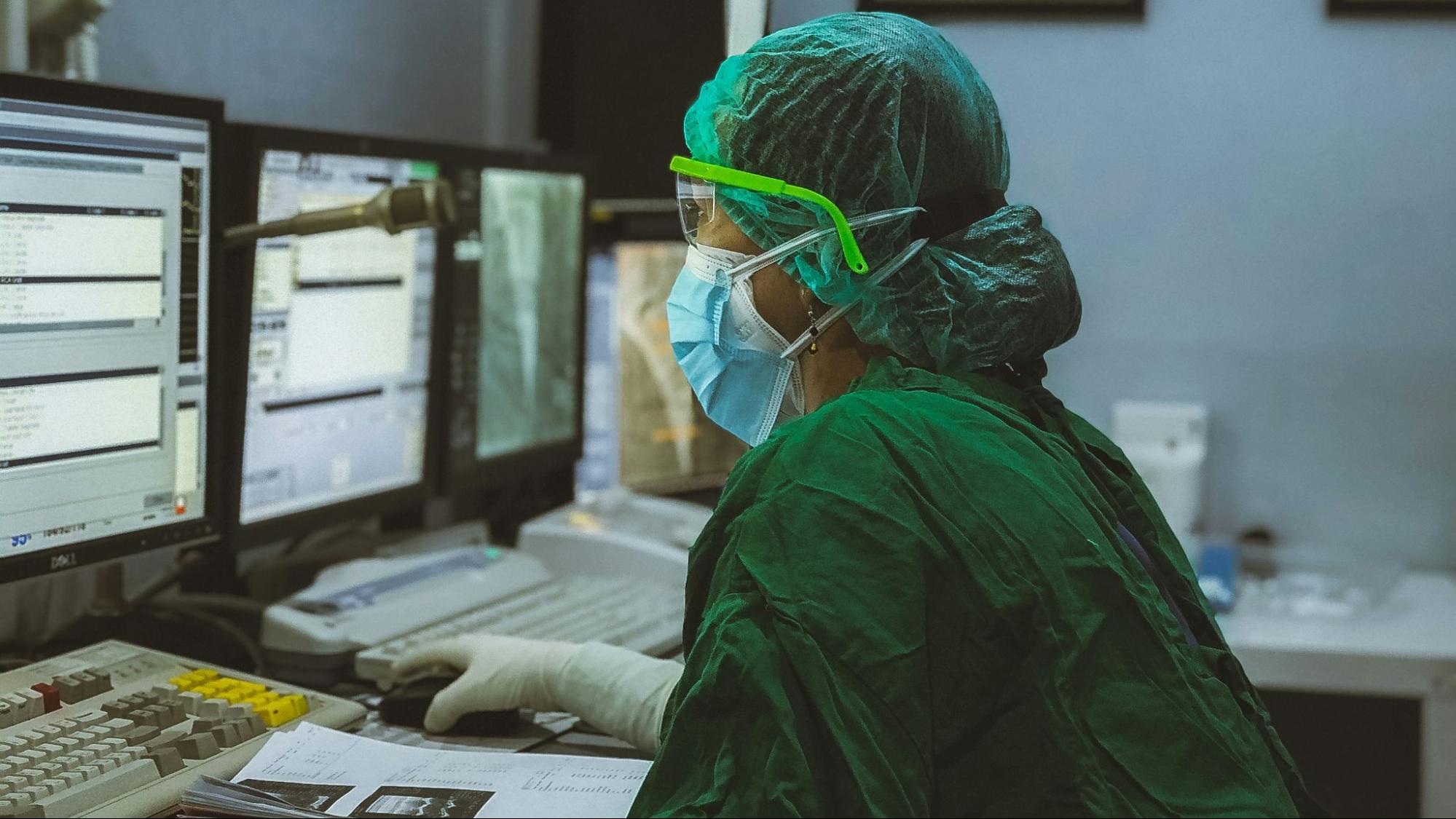Blog
AI Analyzes Nurses’ Observations to Reduce Patient Danger

Understanding AI in Healthcare: Enhancing Patient Safety Through Nurses’ Insights
The Intersection of Nursing and Artificial Intelligence
In today’s healthcare environment, the integration of technology, especially artificial intelligence (AI), is revolutionizing how patient care is delivered. One intriguing development is the ability of AI to analyze nurses’ observations, significantly enhancing patient safety. Nurses, as frontline healthcare professionals, have invaluable insights that can be transformed into data-driven approaches to mitigate risks and improve outcomes.
The Role of Nurses in Patient Safety
Nurses play a crucial role in monitoring patient conditions and providing hands-on care. Their observations encompass a wide range of factors, including vital signs, behavioral changes, and overall health status. This real-time data is critical in identifying early warning signs of potential complications. By harnessing AI to analyze this information, healthcare facilities can streamline processes and bolster patient safety.
How AI Works With Nurse Observations
AI systems can process vast amounts of information quickly. By using algorithms and machine learning, these systems can identify patterns and correlations that might not be immediately apparent to human observers. For instance, an AI tool can analyze historical patient data along with real-time observations from nurses, helping to predict which patients may be at higher risk of developing adverse conditions.
The Data Collection Process
Nurse observations are collected through various means, including electronic health records (EHRs), direct input into health monitoring systems, and collaboration during shift reports. AI systems are designed to aggregate and analyze this data effectively. The goal is to create a comprehensive picture of each patient’s status while identifying trends across multiple patients that could signal systemic issues.
Enhancing Decision-Making With AI Insights
One of the most significant benefits of using AI to analyze nurses’ observations is the enhancement of clinical decision-making. AI can provide nurses and doctors with actionable insights, allowing them to make informed decisions more rapidly. This support is crucial in environments where timing is critical and effective intervention could mean the difference between a positive outcome and complications.
Predictive Analytics in Action
Predictive analytics is a branch of AI that uses historical data to forecast future events. In nursing, this can manifest as identifying patients at risk for falls, infections, or other complications. For example, an AI system might flag a patient who is showing subtle signs of distress based on their vital signs and nurses’ notes, prompting healthcare providers to act quickly to prevent deterioration.
Case Studies: Real-World Applications of AI in Nursing
Various healthcare facilities have begun implementing AI tools to support their nursing staff. For instance, a large hospital network utilized an AI platform to analyze patient data, resulting in a 20% reduction in readmission rates. The system successfully identified at-risk patients post-discharge, enabling nurses to provide additional follow-up care and resources.
In another example, an AI-driven tool was adopted in a nursing home setting to monitor residents. By analyzing data collected from nurses’ notes and health records, the system was able to predict and prevent potential falls, significantly reducing incidents and improving overall safety.
Overcoming Challenges in AI Adoption
While the potential benefits of AI in nursing are substantial, challenges remain. One primary concern is the integration of AI systems with existing healthcare infrastructure. The technology must be user-friendly and compatible with current EHR systems to gain acceptance among nursing staff.
Data Privacy and Ethical Considerations
Another critical aspect is data privacy. Nurses must ensure that patient information is handled ethically and complies with regulations such as HIPAA. Transparency about how AI systems utilize this data can help build trust among healthcare professionals and patients alike.
Empowering Nurses Through Technology
Rather than replacing the essential role of nurses, AI serves as a valuable tool to support their practice. By automating routine tasks and providing insights based on data analysis, AI can free up nurses to focus more on direct patient care. This shift not only enhances job satisfaction but ultimately leads to better patient outcomes.
Training and Education
To maximize the potential of AI in nursing, ongoing training and education are crucial. Nurses should be equipped with the skills to interpret AI-generated data and understand how to integrate these insights into their practice. Healthcare institutions must prioritize professional development in this area to foster an environment where nurses feel confident in utilizing technology to enhance patient care.
The Future of Nursing and AI
As technology continues to evolve, the future of nursing in partnership with AI looks promising. The ongoing development of sophisticated AI algorithms and machine learning models will provide even deeper insights into patient care. Facilities willing to embrace these advancements will have the opportunity to lead in patient safety and care quality.
Conclusion
The integration of AI technologies in healthcare, particularly in analyzing nurses’ observations, presents a unique opportunity to enhance patient safety. By utilizing the wealth of information gathered by nursing professionals, AI can help predict risks and improve clinical decision-making. While challenges exist, the overall potential for improved patient outcomes is significant. As we move forward, empowering nurses through technology and education will be pivotal in shaping the healthcare landscape for the better, ensuring that patient safety remains a top priority.
